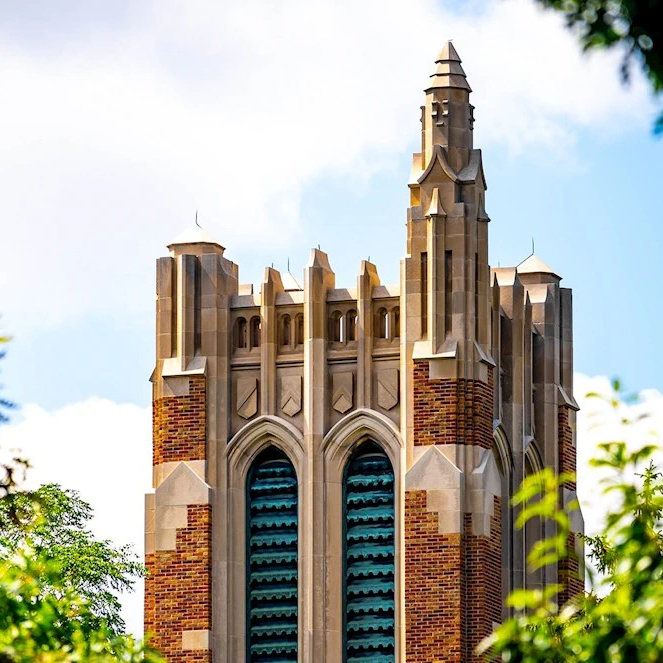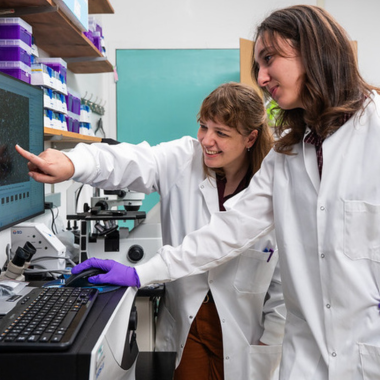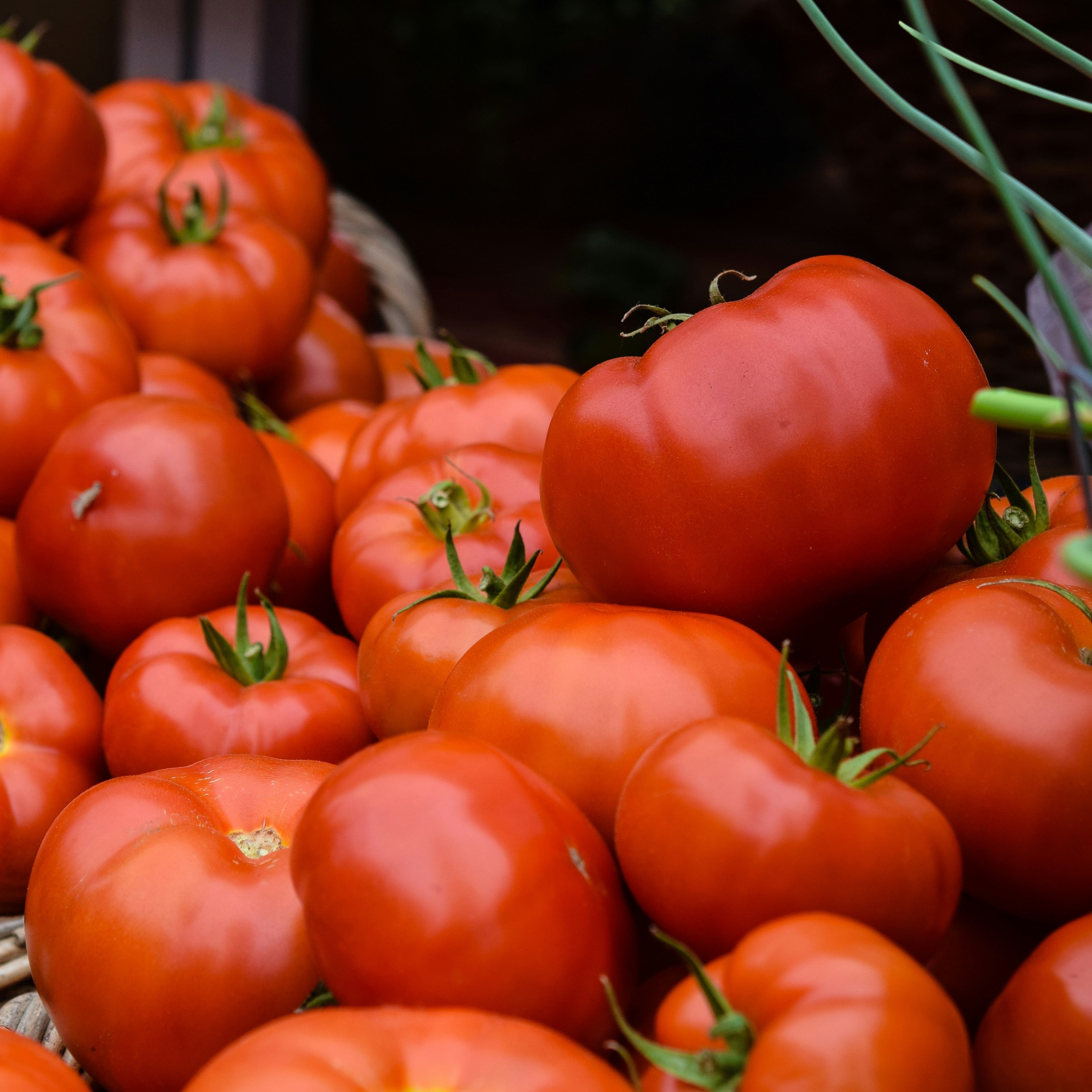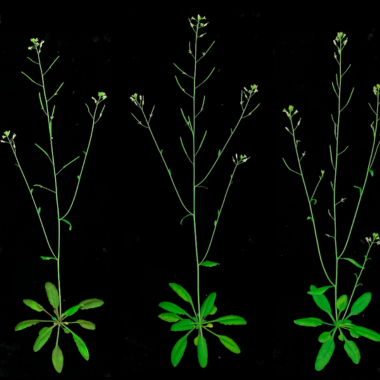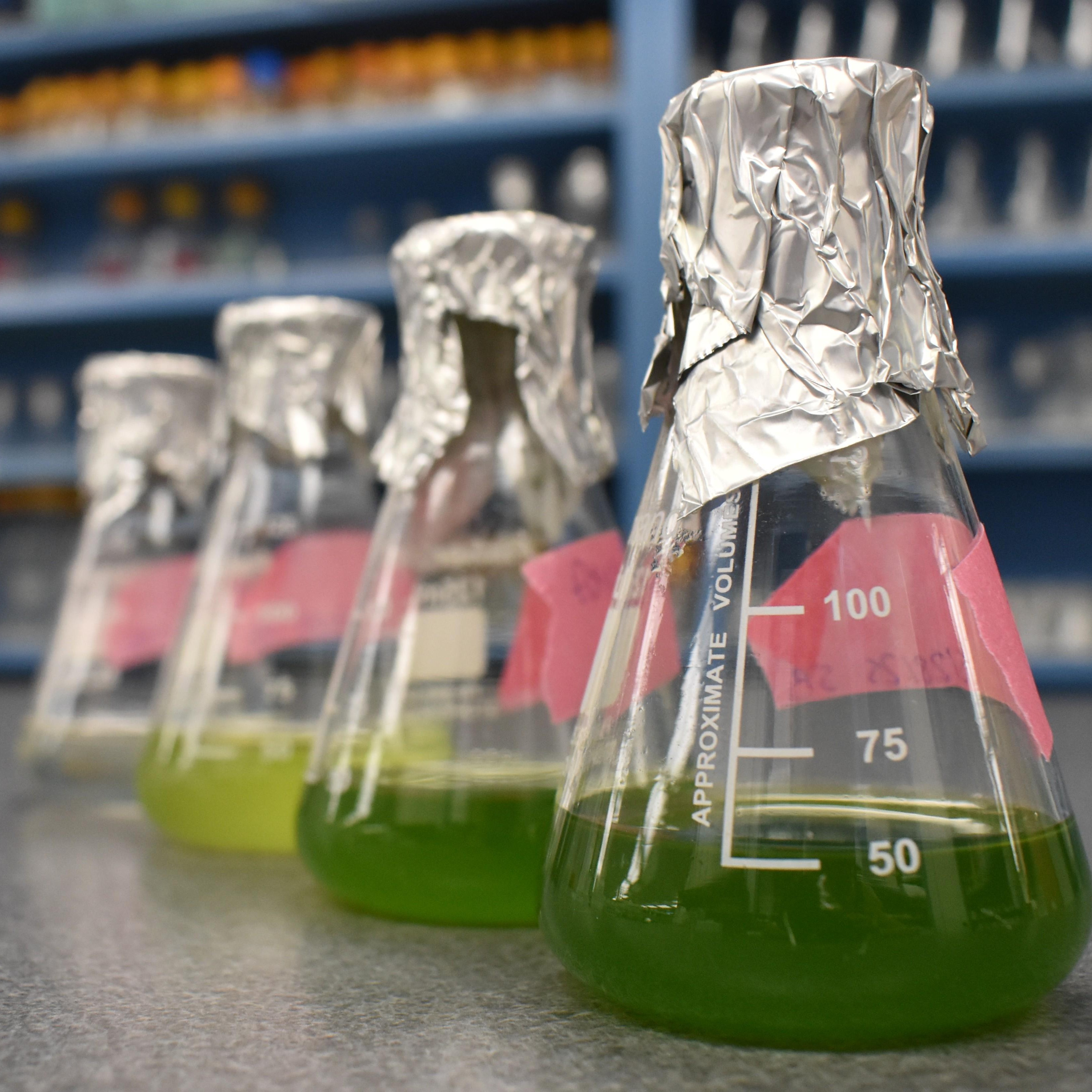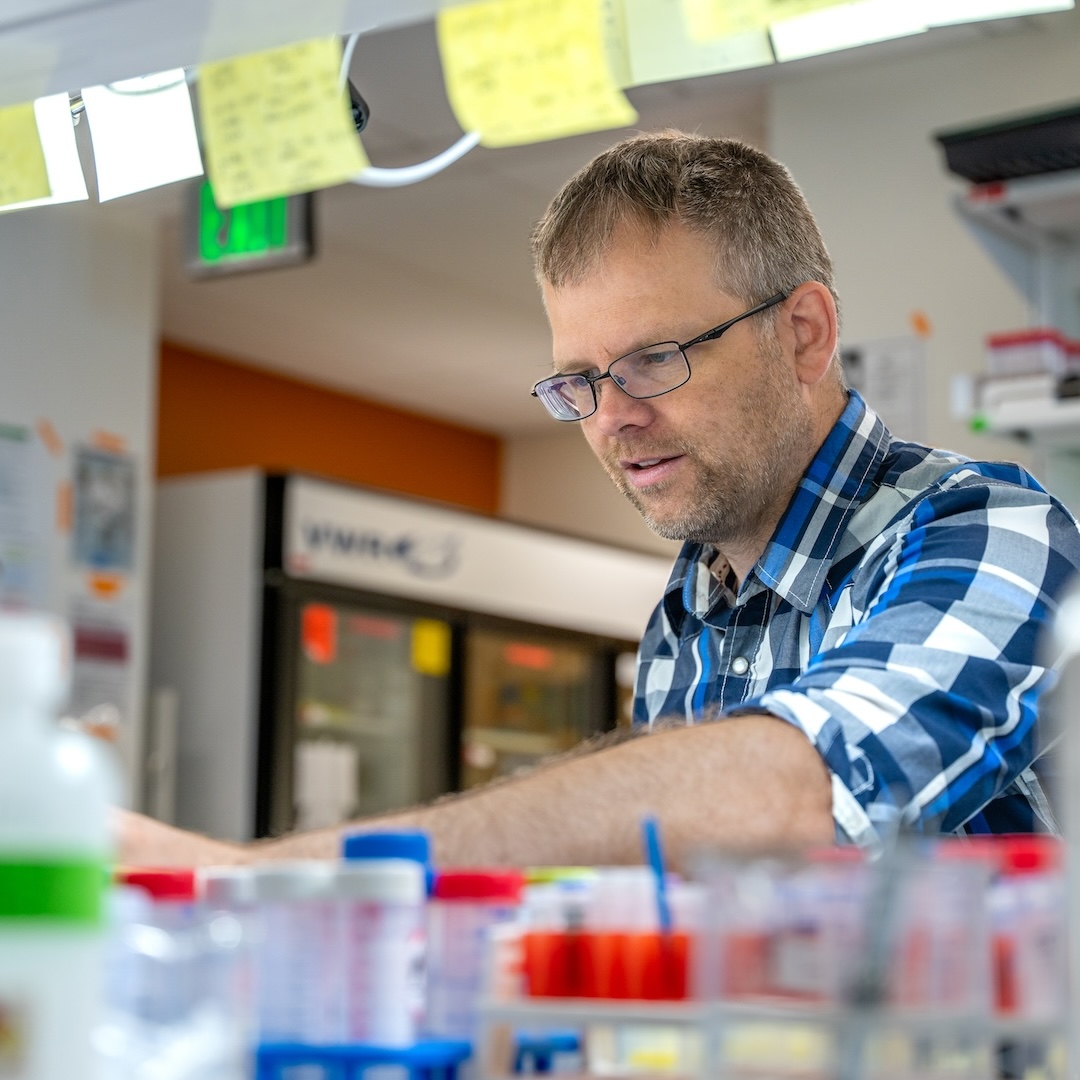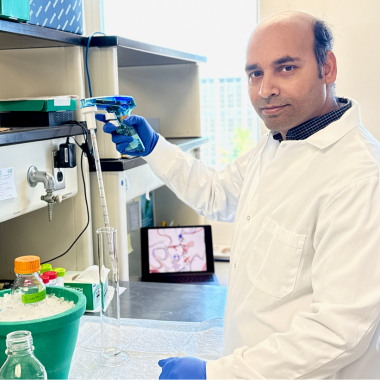News
November 21, 2025
In Death Valley, the Rhee Lab identifies untapped blueprints for plant resilience.
November 12, 2025
Robert A.Quinn has been recognized in the “2025 Highly Cited Researchers” list.
October 13, 2025
Researchers pinpoint the molecular 'switch' that supercharges sperm for their final sprint to an egg.
September 18, 2025
How cooperation and sustained research lead to a discovery 34 years in the making
September 17, 2025
The discovery of a suprising way plants regulate their growth could better equip crops to handle environmental stress.
September 4, 2025
Researchers are looking at how plants and algae can protect themselves from attacks from within
August 28, 2025
The discovery of how plants move life’s building blocks has unlocked new potential for developing nutrient-rich crops and ensuring food security.
August 26, 2025
Chinedum Udekwu discusses his roles as scientist, student advocate and more.
August 21, 2025
Dr. Rahman provides a behind-the-scenes look at the Kim Lab's latest breakthroughs.
August 15, 2025
Learning from nature's packaging experts could lead to anti-virals, gene therapy, and the next generation of RNA-based therapeutics.

